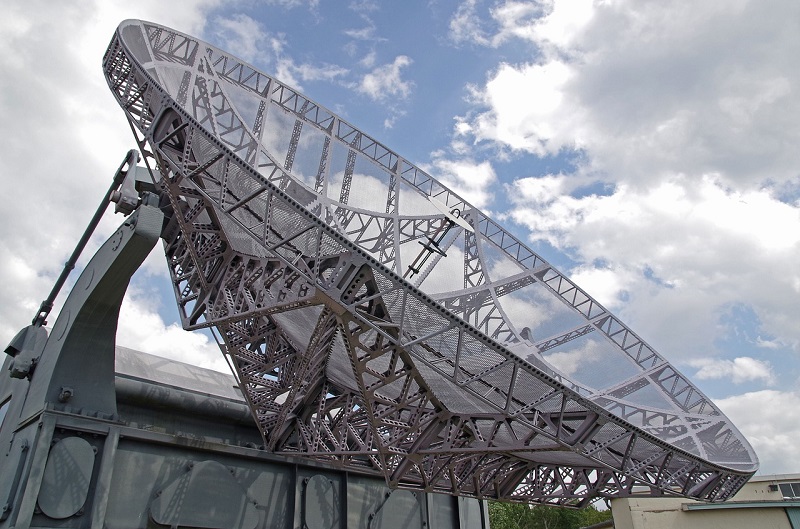IARPA announces slate of new fall funding opportunities
 On September 7, the Intelligence Advanced Research Projects Activity (IARPA) summarized its current open research opportunities.
On September 7, the Intelligence Advanced Research Projects Activity (IARPA) summarized its current open research opportunities.
Broad Agency Announcements solicit research proposals for specific programs. The BAA for the FELIX program was just released, and responses due by October 16, 2017. Submissions to the FELIX BAA will focus on the development of a suite of tools for the agnostic detection of engineered biological organisms, ranging from viruses, bacteria, insects, animals and plants that are either purposefully or accidentally developed and/or released with the potential to cause harm. There is still time left to respond to the Ithildin BAA, due October 6, 2017. Submissions to the Ithildin BAA will focus on development of novel sorbent materials for chemical sampling and storage that provide enhanced sorbent capabilities at the molecular, nanoscale and mesoscale level.
A Proposers’ Day is usually held shortly before the release of a BAA, which solicits research proposals for specific programs. Here, the program manager presents their vision and outlines the material in the BAA before it is formally issued. The audience consists of potential research performers and other interested parties who can ask clarifying questions that can help the IARPA program manager refine the BAA before it is released.
Proposers’ Day for the FOCUS program will be held on October 19, 2017 in the Washington, DC metropolitan area. The FOCUS program seeks to develop and empirically evaluate systematic approaches to counterfactual forecasting. Counterfactual forecasts are statements about what would have happened if different circumstances had occurred.
“Counterfactual forecasts about what would have worked in past circumstances are very often the basis for lessons learned for what to do in the future,” said Paul Lehner, program manager for the FOCUS program. “And such lessons often evolve, over time, into best practices and tradecraft.”
Requests for Information are issued to solicit input from the research community on a particular topic. IARPA is interested in information on the use of nanopore sequencing for human identification and/or environmental pathogen characterization. The Rapid Detection Nucleic Acid Signatures RFI closes on September 22, 2017 and is issued solely for information gathering and planning purposes and does not constitute a formal solicitation for proposals.
Source: IARPA







